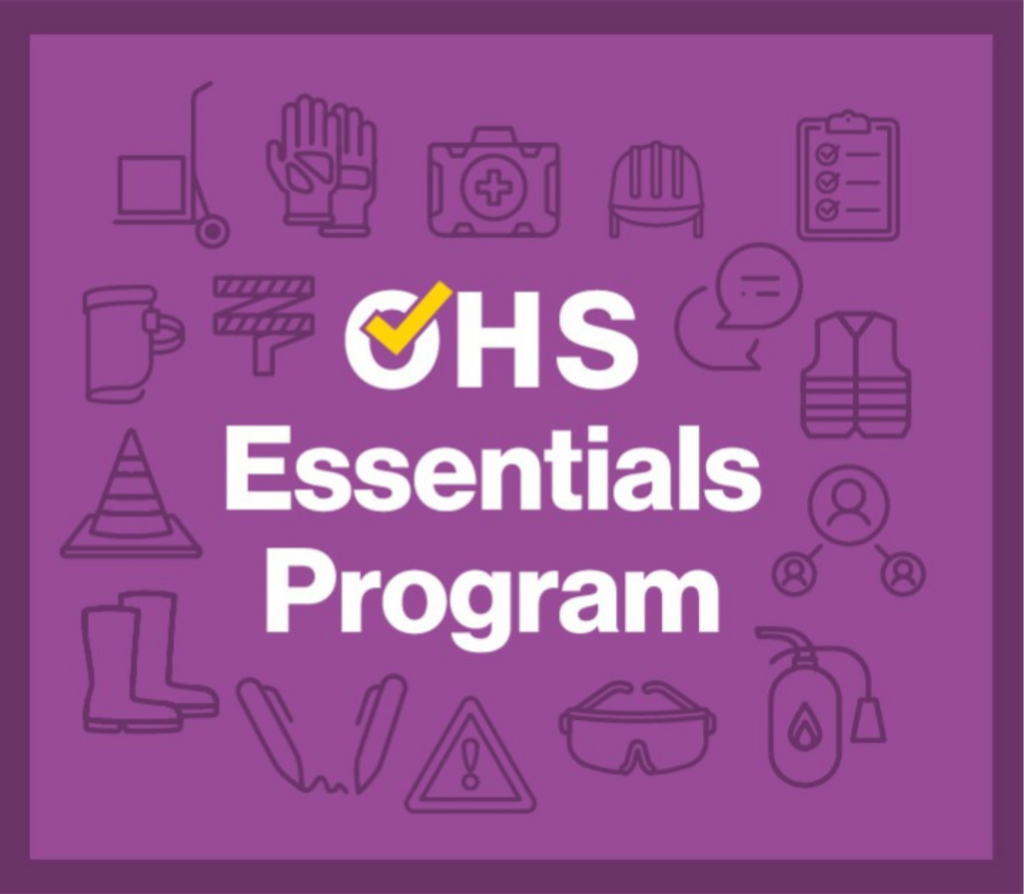Two reviews have recently been conducted on TAFE SA, one: TAFE SA Roadmap for the future, commissioned by the SA’s Minister for Education, Training and Skills, Blair Boyer and the other though the Independent Commission Against Corruption (ICAC) into the possibility of impropriety, fraud and corruption.
These, and preceding reviews, were highlighted in an earlier VDC News item from October last year. One politician has suggested that TAFE SA is “probably the most repeatedly reviewed organisation in South Australia’s history.”
The first reviews
One of these earlier reviews, conducted by the Nous Group, sought to identify the systemic issues within TAFE SA that contributed to ASQA’s adverse findings and set out the key reforms needed to lift performance and restore TAFE SA’s reputation in the market and the wider community. A second, by VET stalwarts Terry Moran and Kim Bannikoff, was a strategic capability review of TAFE SA published in 2018.
The Rea review: A roadmap of the future
This new review report has proposed a number of goals and associated actions focused around. The six goals are:
- Transforming South Australia, which includes its role in supporting government economic development and social equity policy directions, as well as planning and funding. Through this it will meet commitments to Aboriginal and Torres Strait Islander peoples and communities, as well as addressing future industry and emerging sectors through better pathways, involvement in collaborative and applied research and improved funding arrangements,
- Partnering with industry, which involves a range of initiatives including “connecting industry, training providers and community in a transitioning economy,” a “greater flexibility in training scheduling and siting for better practice,” a focus on SMEs, incubators and start-ups as well as on young and new workers and apprentices and trainees,
- Helping enable good job outcomes, which involves the effective use of SA Job Centres and preparatory and foundational programs,
- Being student centred, which involves the use of student portals, amenities, facilities and support services along with effective communication and inclusive practices. This is coupled with supporting staff and student representation and, importantly, having up to date industry aligned courses,
- Being ‘’place based’, which involves Regional Committees that are able to respond to local conditions, better collaborative arrangements at the local level coupled with a strategic re-alignment of management and operations, and finally,
- Being futures focused, which requires (amongst other things) a focus on continuous improvement; expert learning design; expert educators; good assessment, progression and RPL; pathways and dual awards and, finally, further education.
A recent issue of TDA News highlighted TAFE SA CEO David Coltman’s take outs from the review. The report itself is also worth a read!
What the ICAC Review found
The review’s 160-odd pages covered a range of areas: governance, culture, and the management of human resources, procurement and contracts, subsidies and assets and facilities. It also looks at the management of staff and student relationships as well as its commercial activities and industry engagement. It may be interesting to look at particular areas that may ‘rock your boat’.
ICAC’s conclusions
While this is not a comprehensive summary of the conclusions reached, several that jumped out were that, first “The Commission observed a disconnect and perceived inequity between TAFE SA’s leadership and the educational frontline.” “As a result, many Education Managers cannot adequately induct, train, support and manage those staff.” Second, Education Managers have responsibility for significant staff numbers, often spread across campuses. In addition, “many TAFE SA staff reported fatigue from the significant and prolonged changes they have faced.” Finally, TAFE SA’s core business is teaching. It was suggested there are corruption risks inherent in the power imbalance between teaching staff and students.
The ICAC report has made 34 recommendations.
Amongst these, a number are concerned with lecturer conduct, complaints procedures, conflict of interest disclosures, undeclared outside interests or secondary employment (e.g. Recommendations 5, 8, 9, 10, 24, 25, 26, 31, 32, 33 and 34). Others were concerned with procurement practices (e.g. Recommendations 15, 16, 17, 18, 19 and 27.








